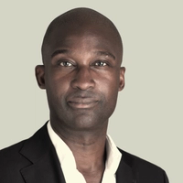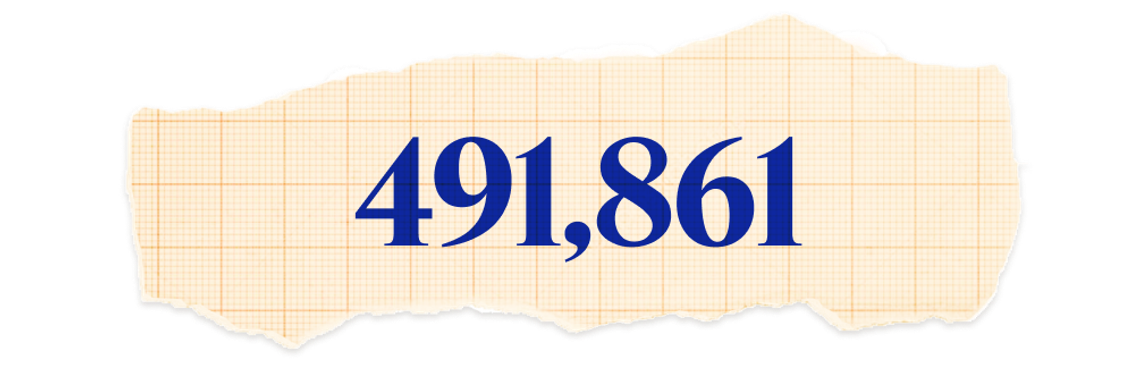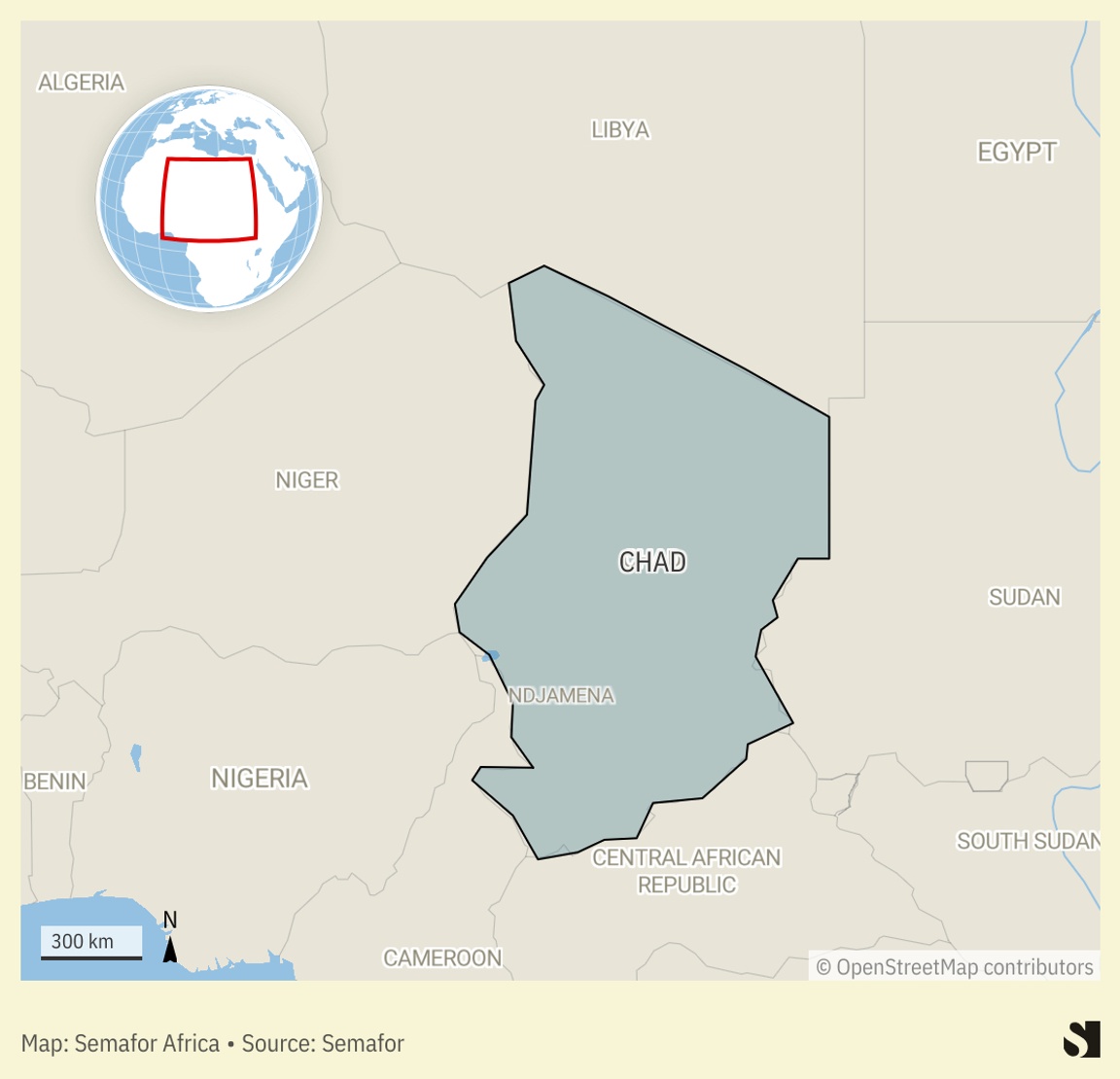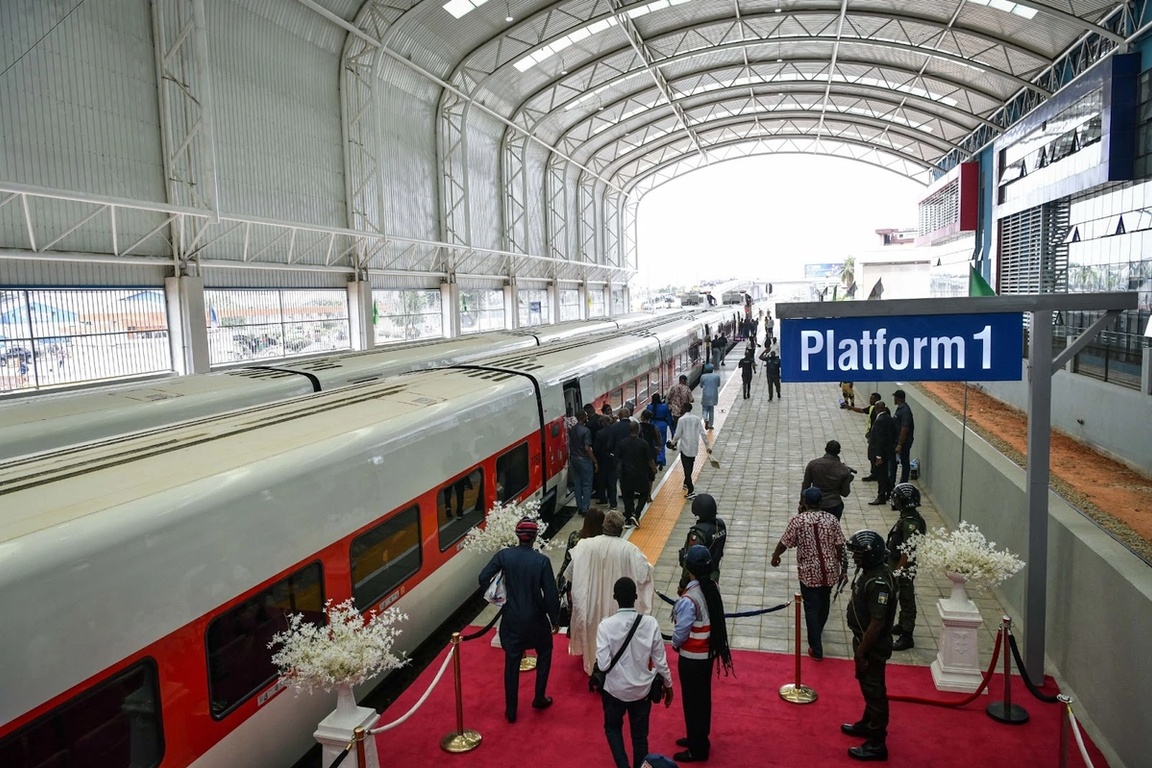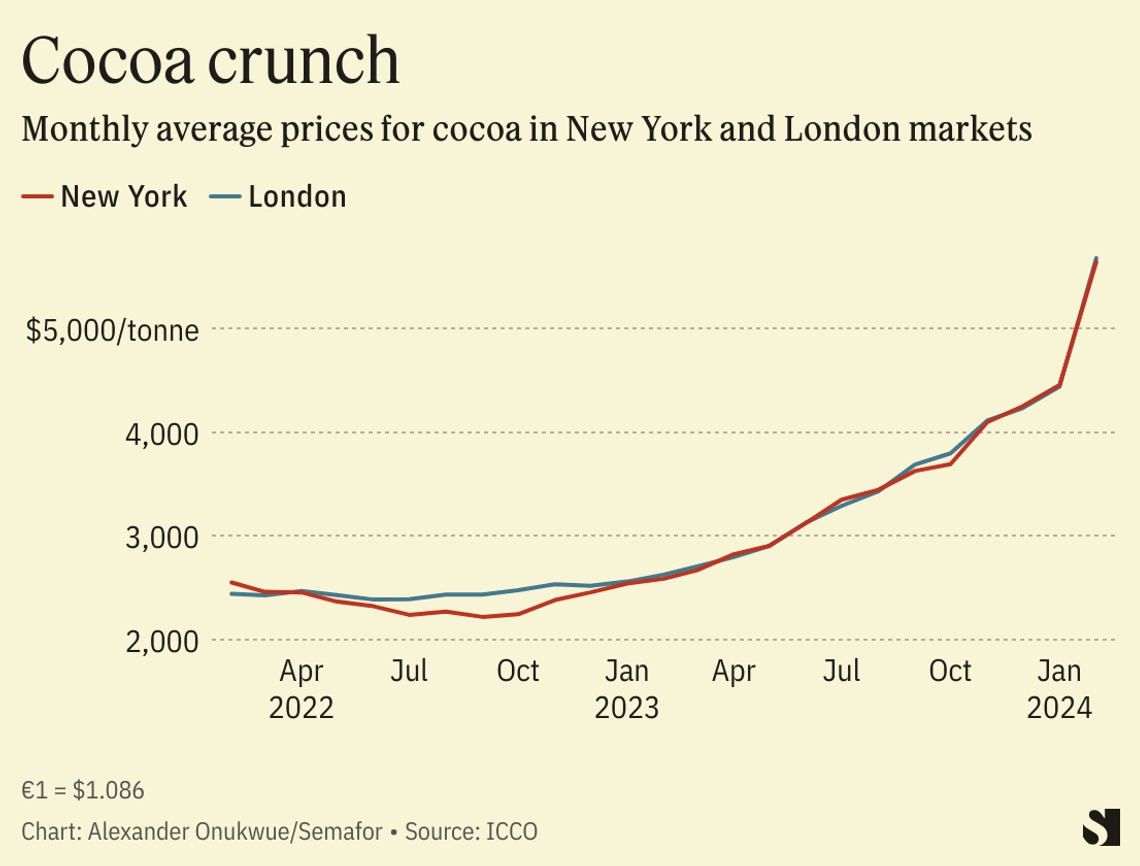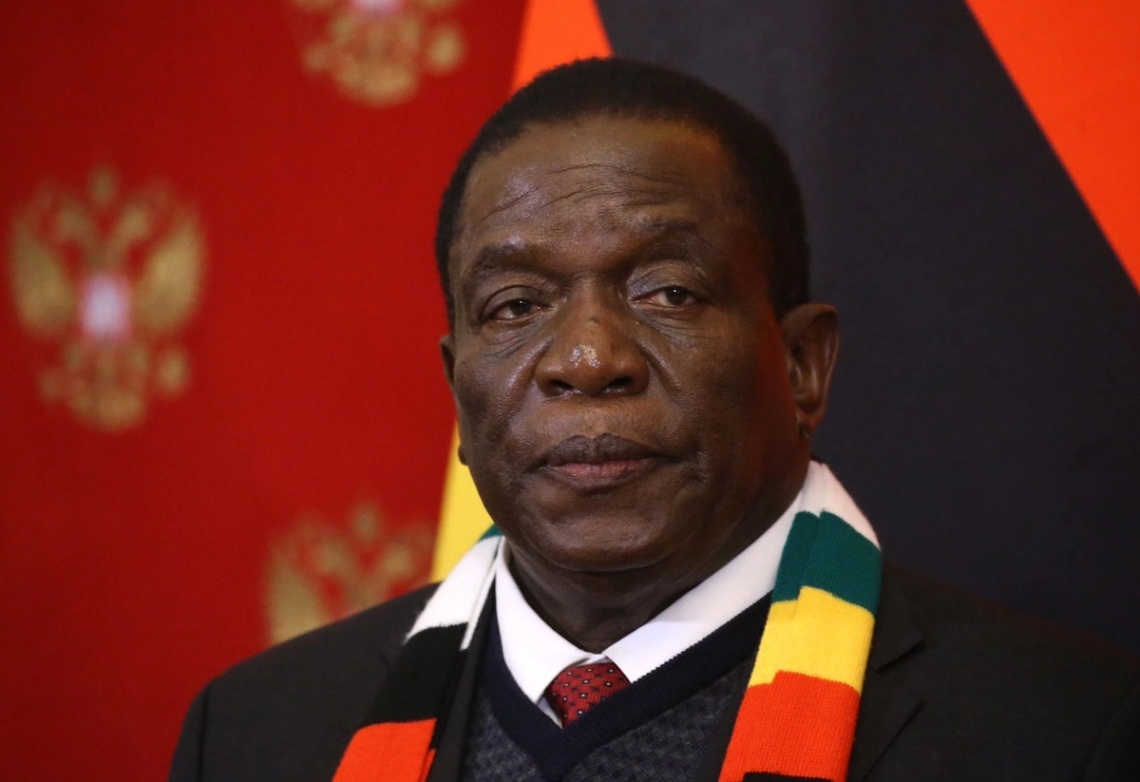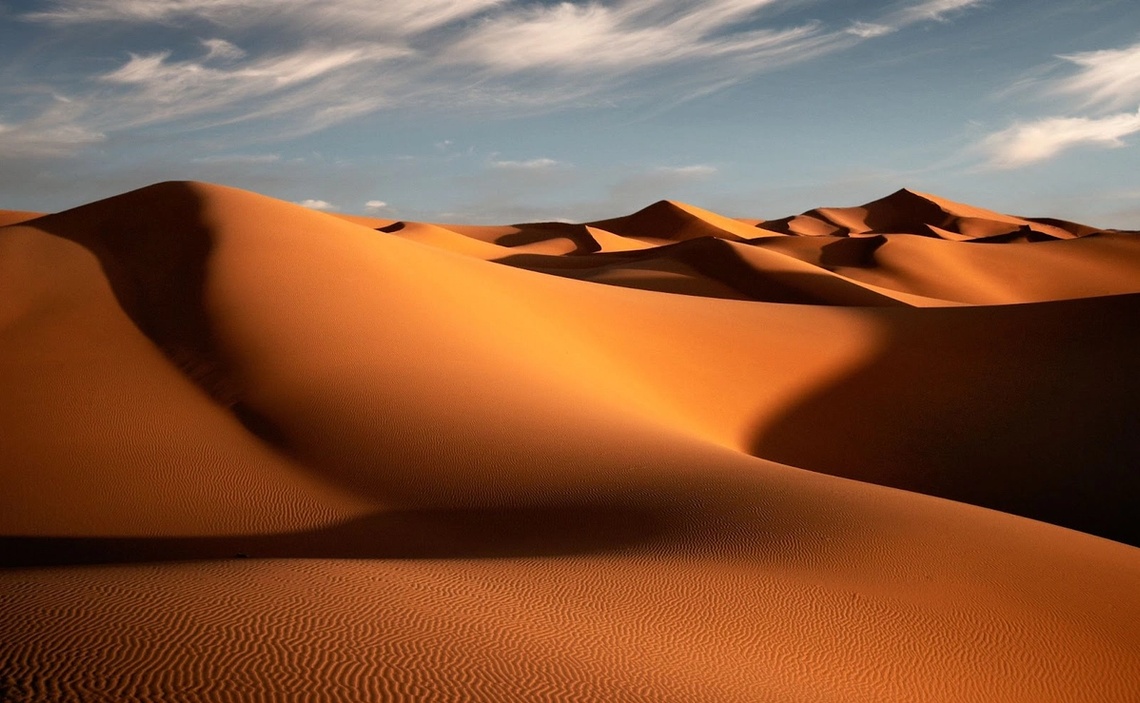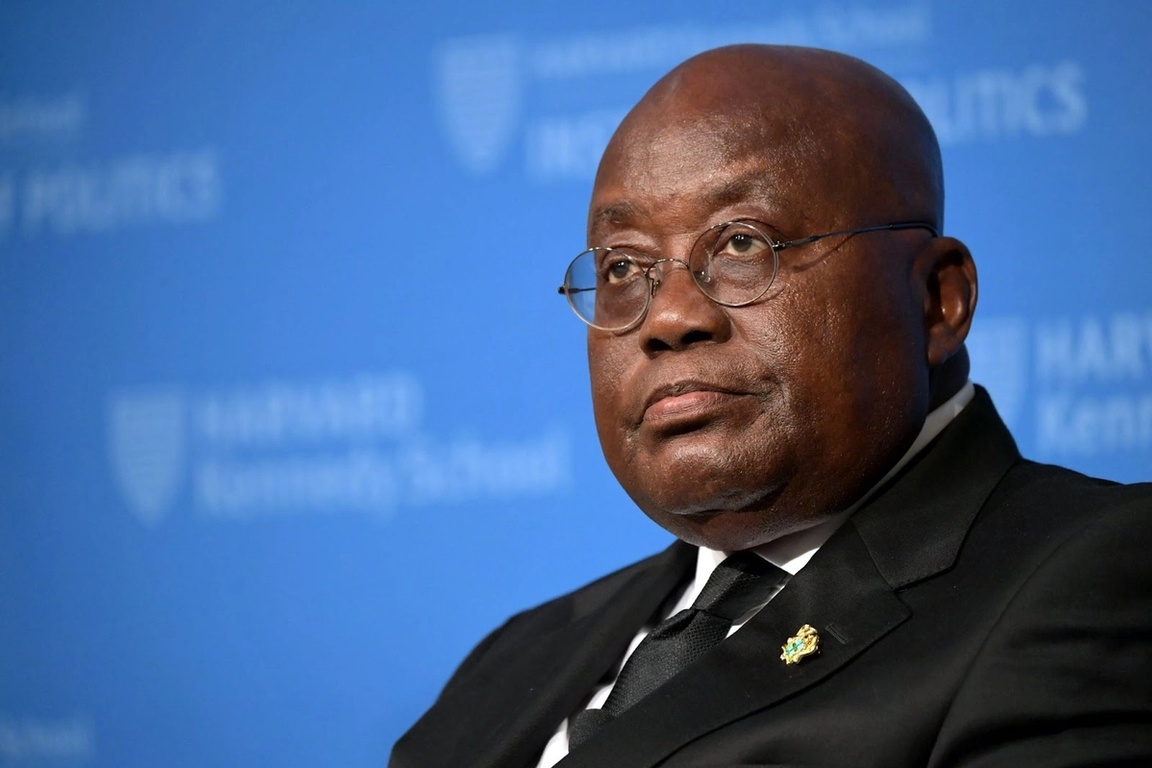 Paul Marotta/Getty Images Paul Marotta/Getty ImagesTHE NEWS ACCRA, Ghana — Ghana’s president has delayed making a decision on an anti-gay bill due to a Supreme Court challenge, a move that could enable him to avoid choosing between a $4 billion hole in World Bank funding and scuppering his party’s chances in December’s elections. The bill, which imposes a three-year prison sentence for anyone convicted of identifying as LGBTQ+ and has attracted international criticism from rights groups, requires President Nana Akufo-Addo’s assent to become law. Akufo-Addo, nearing the end of his second term in power ahead of a presidential election in December, has previously said he would sign the bill into law if it was supported by the majority of Ghanaians. Late on Monday, the president said a challenge had been mounted at the Supreme Court. “It would be as well for all of us to hold our hands and await the decision of the Court before any action is taken,” the president said in his first public comments on the bill since its passed last week. The court’s deliberations could extend beyond the end of his time in office. The finance ministry, in a document seen by Semafor Africa, warned the bill could trigger the loss of $3.8 billion in World Bank financing over the next five to six years and “derail” the country’s $3 billion IMF loan deal if it becomes law. But Ghanaians typically frown upon same-sex relationships and any failure to sign could cost Akufo-Addo’s ruling New Patriotic Party (NPP). The party’s candidate in December’s election will be Vice President Mahamudu Bawumia. The bill was backed by Ghana’s two biggest parties, including the NPP. Earlier this year the leading opposition candidate John Mahama, a former president, publicly stated that gay marriage was against his Christian beliefs, though he did not state whether or not he supported the bill. KNOW MORE Similar anti-gay legislation in Uganda prompted the United States to remove the East African country from the African Growth and Opportunity Act (AGOA) which offers participants favorable trade terms. The U.S. said it was “deeply troubled” by the passage of Ghana’s bill in parliament. Ghana would lose the ability to export products tariff free to the world’s biggest economy if it was removed from AGOA. Some $700 million of Ghana’s exports to the U.S. in 2022 was through AGOA. One beneficiary of AGOA has been Ghana-based American apparel manufacturer DTRT which employs more than 5,000 workers at two plants in Accra and Tema and exports to retailers in the U.S. Its co-founders told Semafor Africa that if the bill is passed into law it would put thousands of jobs at risk if the U.S. suspends Ghana from AGOA. “It would be horrible for the business, but we believe the president and his successors understand the risks,” said Skip Richmond, co-founder/CEO of DTRT Group. Dr Daniel Amartey, an economist, said other markets, including Europe, would also act if the bill became law. “If they follow those lines, it will affect our trade volumes and, as an economy that is trying to bring back macroeconomic stability, that will be a big blow.” | 
